Research @ UVA Engineering
Engineering for a Sustainable FutureEngineering a better future will require the best work of researchers collaborating along the spectrum from the tiniest building blocks of materials through the complex workings of entire societal systems. We work at the micro- and nano-scale in fields like heat transfer, catalysis and 2-D materials to identify fundamental properties of matter. Our goal is not simply to conduct research, but to pursue research with positive global impact.
Research Area
Optics, Photonics and Sensing Energy, Transportation and the Environment Materials Engineering & NanotechnologyScott T. Acton

Professor Acton’s laboratory at UVA is called VIVA - Virginia Image and Video Analysis. They specialize in biological image analysis problems. The research emphases of VIVA include machine learning for image and video analysis, AI for education, tracking, segmentation, and enhancement.
N. Scott Barker
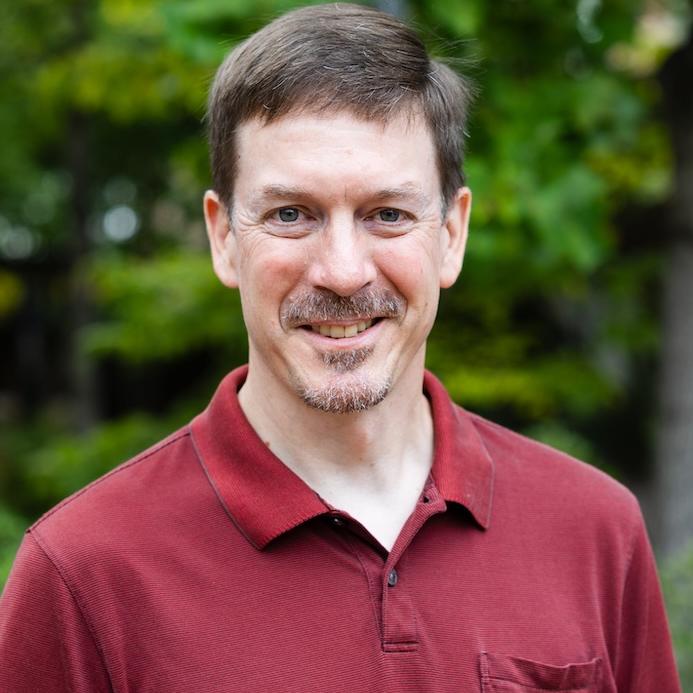
N. Scott Barker received the B.S.E.E. degree from the University of Virginia in 1994 and the M.S.E.E. and Ph.D. degree in electrical engineering from the University of Michigan, Ann Arbor, in 1996 and 1999 respectively.
Adam Barnes

Adam Barnes earned a B.S. degree in Electrical Engineering from Virginia Tech in 1992, and an M.S. in Electrical Engineering in 1995. In 2019 he moved to the University of Virginia to teach the next generation of engineers. He is an ASEE member and interested in advancing engineering and science in both rising engineers and the general public.
Andreas Beling
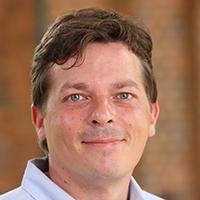
Andreas Beling earned his M.Sc. from the University of Bonn in 2000 and Ph.D. from Technical University Berlin in 2006. He worked at Heinrich-Hertz-Institut and UVa, gaining industry experience in fiber optic communication systems. Beling authored 230+ papers, 3 chapters, and holds 4 patents. Senior member of OSA and IEEE.
Travis Blalock
Steven M. Bowers
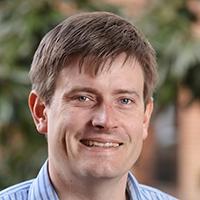
Steven M. Bowers received the B.S. degree in electrical engineering from the University of California at San Diego, La Jolla, CA, USA, in 2007, and the M.S. and Ph.D. degrees in millimeter- wave circuits and systems from the California Institute of Technology, Pasadena, CA, USA, in 2009 and 2014, respectively.
Maite Brandt-Pearce, Ph.D.
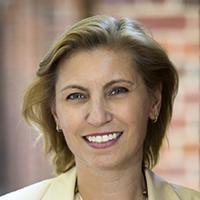
David B. Brown

David’s research group conducts experimental and theoretical studies of energy transport/conversion mechanisms and material properties across multiple length scales and temperature ranges. The primary motivation is the thermal management of hypersonic vehicles, electronic devices, and other engineering systems.
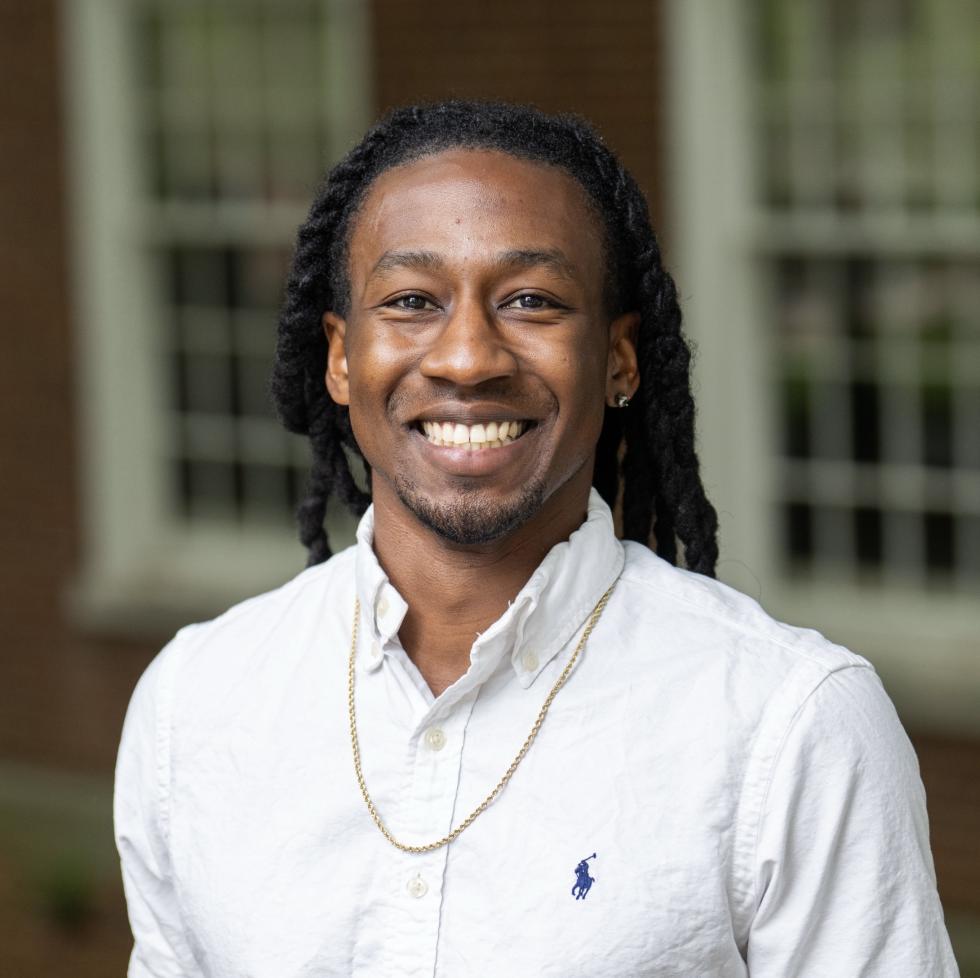
Kory Burns is an Assistant Professor in the Department of Materials Science and Engineering starting Summer 2024. Kory obtained a B.S. in Chemistry from Valdosta State University, an M.S. in Materials Science and Engineering, and a Ph.D. in Materials Science and Engineering (Nuclear Engineering Program).
Benton H. Calhoun
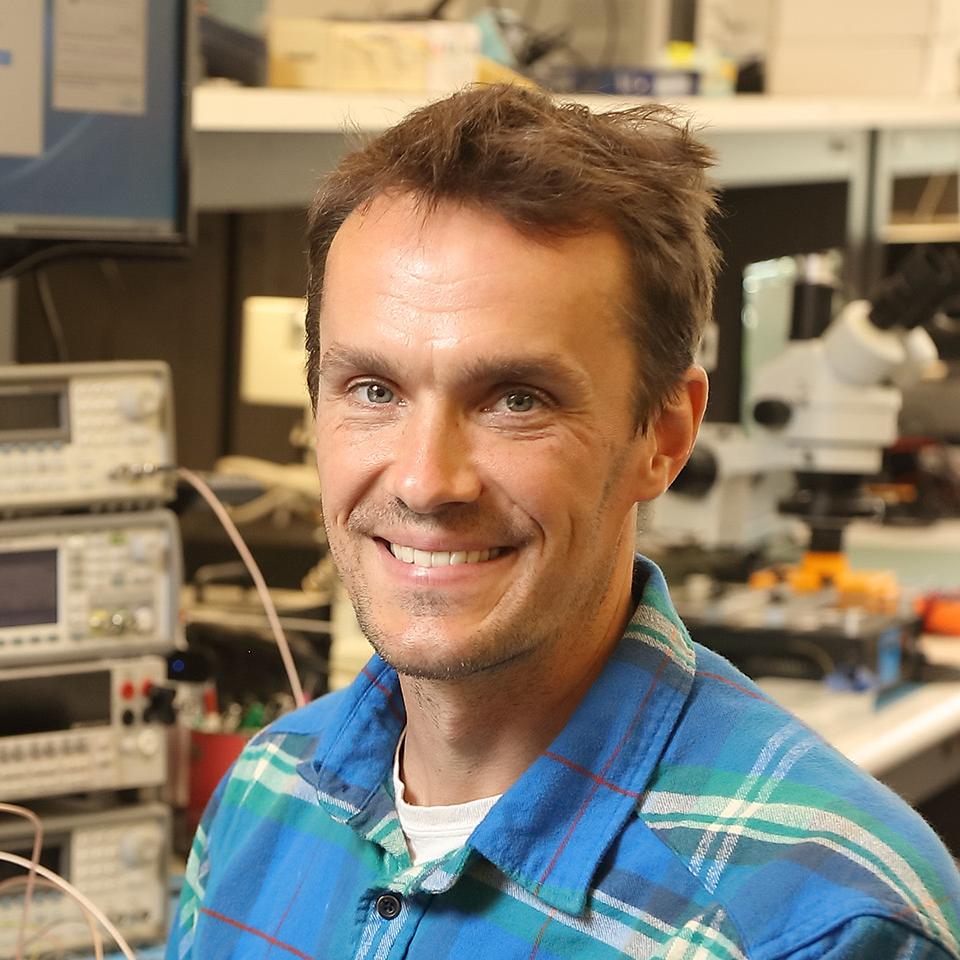
Benton H. Calhoun received his B.S. in Electrical Engineering with a concentration in Computer Science from the University of Virginia in Charlottesville, VA, in 2000. He received his M.S. and Ph.D. degrees in Electrical Engineering from the Massachusetts Institute of Technology in Cambridge, MA, in 2002 and 2006, respectively.
Brad Campbell

Brad is a faculty member in the Computer Science Department, the Electrical & Computer Engineering Department, and the Link Lab. His group researchers and develops the next generation of low power, wireless, and secure Internet of Things systems to help make buildings and cities more sustainable.
Joe Charles Campbell
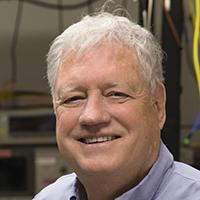
Joe Campbell received a B.S. Degree in Physics for the University of Texas at Austin in 1969, and M.S. and Ph.D. degrees in Physics from the University of Illinois at Urbana-Champaign in 1971 and 1973. Professor Campbell teaches courses on lasers and optoelectronic components. In 2002 Professor was inducted into the National Academy of Engineering.
UVA Engineering is a vibrant, collegial environment in which to work and teach.
Visit Jobs@UVA